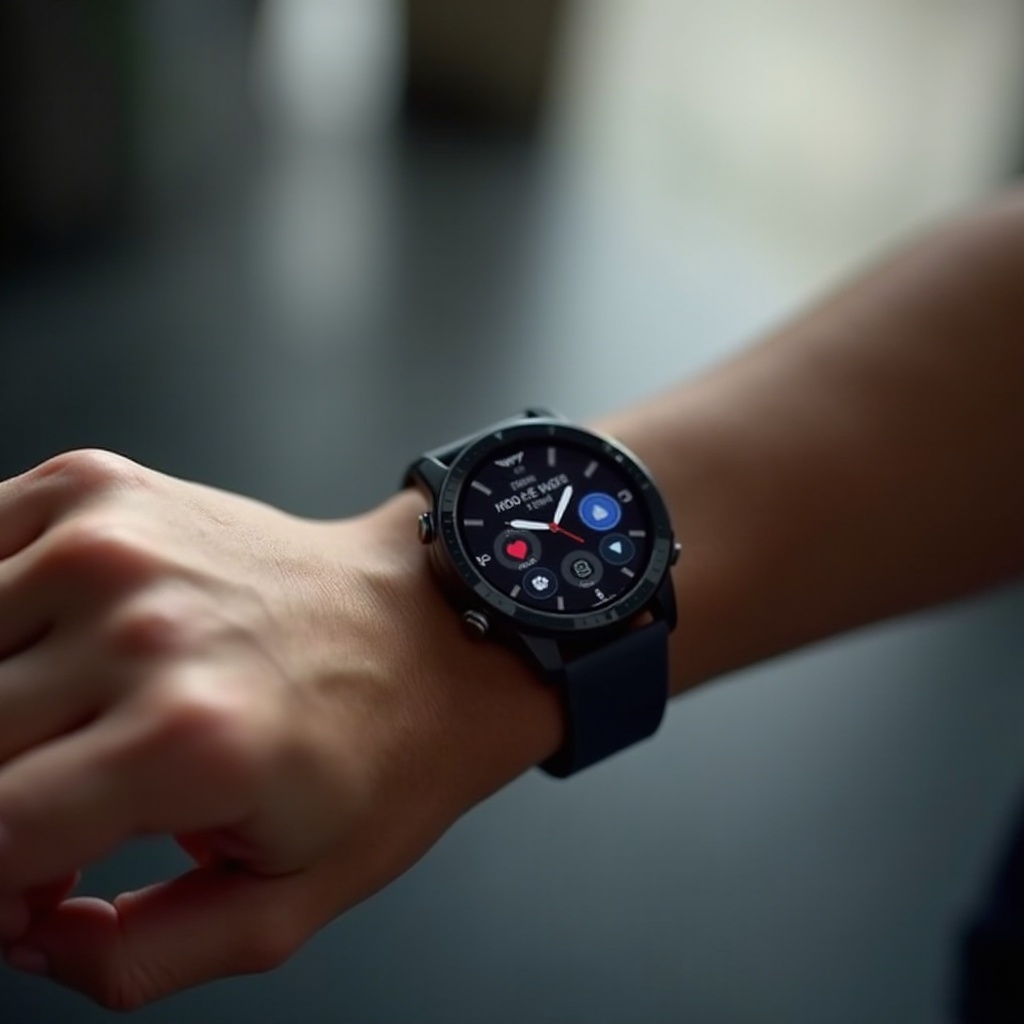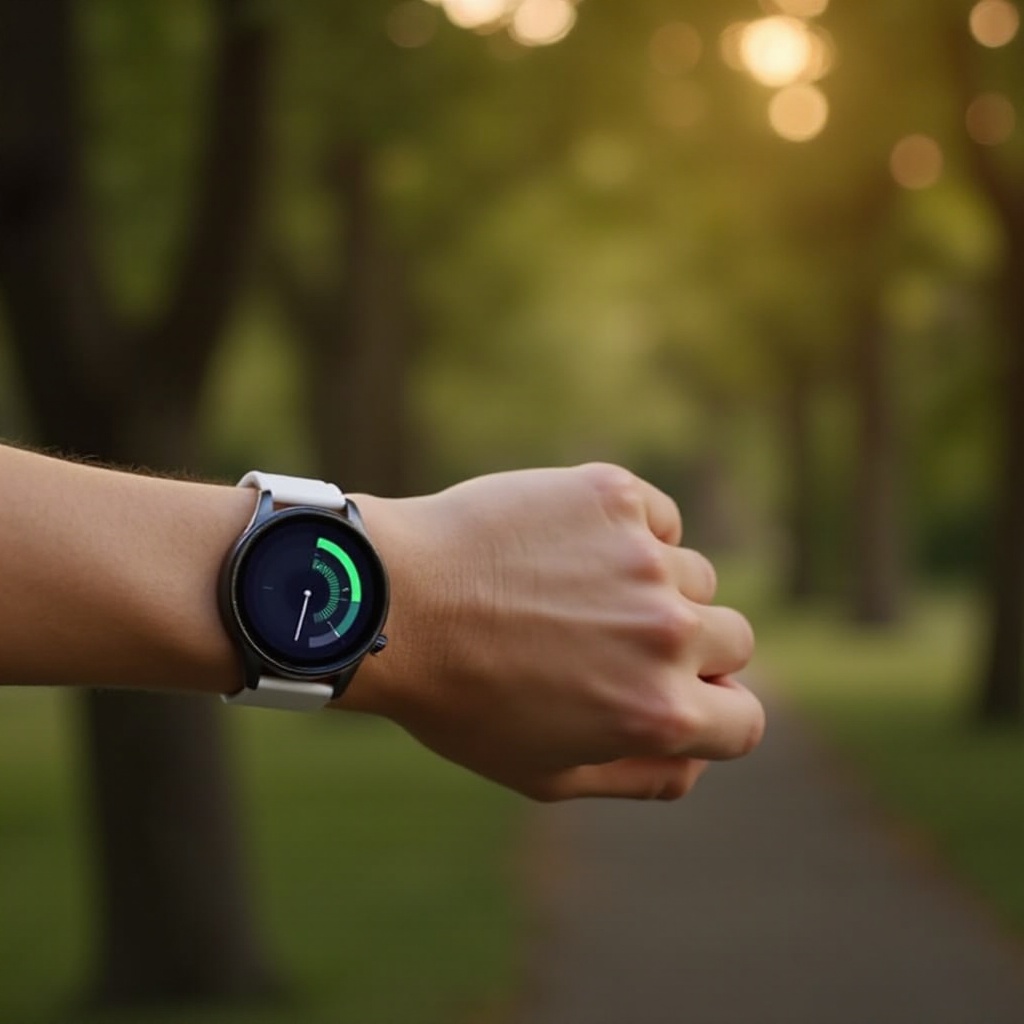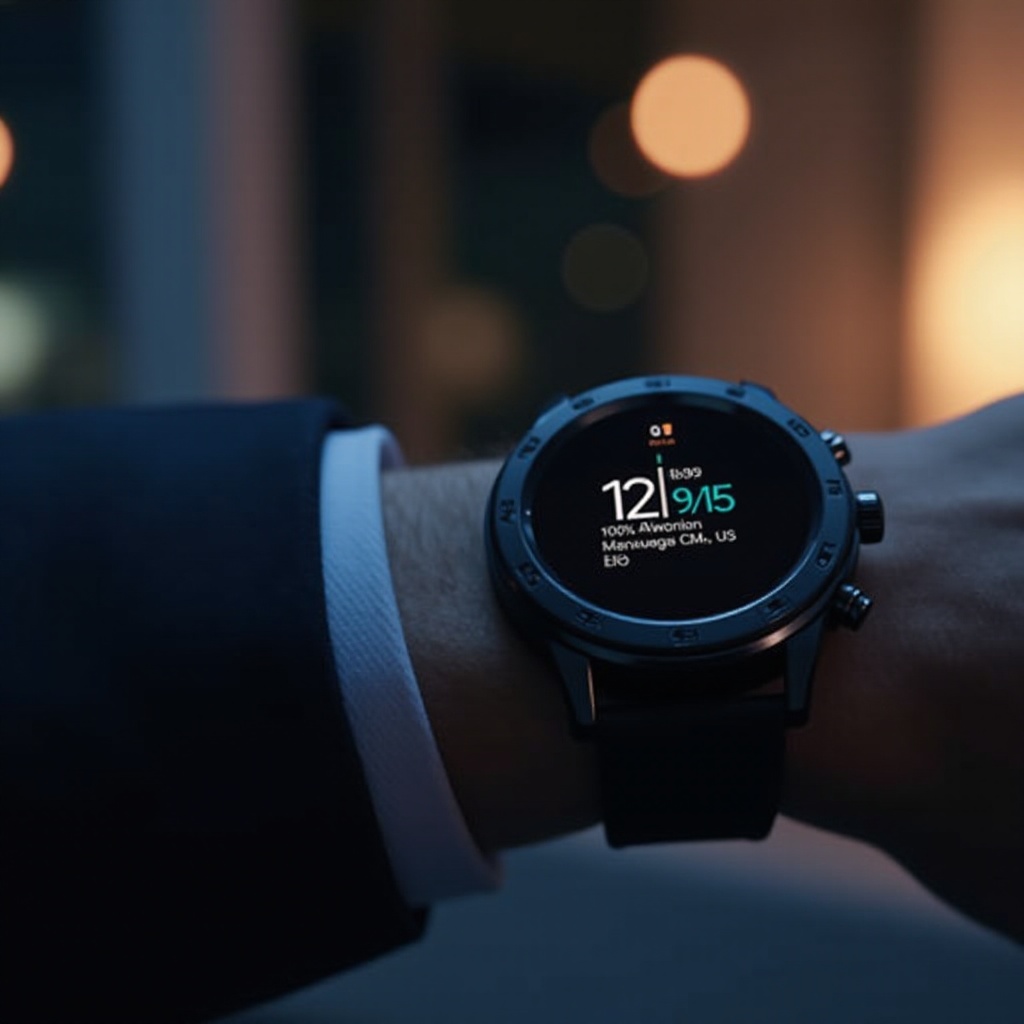In our fast-paced world, stress management is increasingly recognized as a vital component of overall health. With technology becoming an integral part of our daily lives, tools like the Samsung Galaxy Watch are reshaping how we monitor and manage stress. This guide explores the sophisticated stress measurement features in Samsung Galaxy Watches, focusing on heart rate variability (HRV) analysis and the integration with the Samsung Health app. By understanding these technologies, users can gain meaningful insights into their stress levels and engage in effective stress management practices.
Overview of Stress Measurement on Galaxy Watch
The Samsung Galaxy Watch represents a significant advancement in wearable health technology. Its stress measurement function is a standout feature, achieved through state-of-the-art sensors that track heart rate patterns. The underlying principle of this functionality is heart rate variability (HRV), which provides a window into the body’s stress responses. By analyzing real-time fluctuations in heart rate, the watch offers users a detailed understanding of their stress levels, facilitating timely and informed responses to manage their mental health.

How Does Samsung Watch Measure Stress?
Heart Rate Variability (HRV) Analysis
Heart Rate Variability (HRV) is the cornerstone of stress detection in Samsung Watches. HRV measures the variations in time intervals between successive heartbeats, which are closely linked to the autonomic nervous system’s regulation of the heart. In essence, a higher HRV is associated with a relaxed state, while a lower HRV suggests increased stress.
Samsung Galaxy Watches use sophisticated sensors to continuously monitor these variations, providing users with a dynamic and real-time assessment of their stress levels. The device’s algorithms intelligently differentiate between stress caused by physical exertion and psychological factors, allowing for a more nuanced analysis of stress triggers and responses.
Furthermore, the Samsung Galaxy Watch not only records HRV but also contextualizes it within daily activities. For instance, it considers the user’s physical activity levels and sleep patterns, offering a holistic view. This comprehensive approach helps users pinpoint specific stressors and adopt effective coping strategies, all backed by robust data and analysis.
Integration with Samsung Health App
The Samsung Health app enhances the stress measurement experience by serving as an interactive wellness platform. Beyond simple monitoring, the app provides a range of features designed to help users manage stress effectively. This includes guided breathing exercises that are personalized based on the user’s current stress readings. These exercises are designed to help reduce stress immediately and improve breathing patterns over time, contributing to a more relaxed state.
In addition to breathing exercises, the app offers stress quizzes and assessments that allow users to track their stress history and identify trends. The app’s analytical capabilities enable users to correlate stress patterns with lifestyle choices, such as diet, sleep, and activity levels. By gaining insights into these correlations, users are empowered to make informed decisions about their health.
Moreover, the Samsung Health app integrates with various other health monitoring tools, providing a centralized platform for managing all aspects of well-being. This integration ensures that users can maintain a balanced lifestyle, addressing not only stress but also other health metrics in a unified manner.

Accuracy of Stress Measurements
The accuracy of stress measurements on Samsung watches is generally reliable; however, it can be influenced by several factors. Physical exertion, sleep quality, and dietary habits are all elements that can impact HRV. For instance, intense workouts may alter HRV readings by increasing heart rate, which may be misinterpreted as stress by the device. Similarly, inadequate sleep or poor nutrition can have significant effects on heart rate variability.
Despite these potential variances, Samsung is committed to refining its technology. Continuous updates aim to enhance the algorithms and sensor accuracy, ensuring that stress measurements become more precise over time. The ongoing development in wearable tech reflects Samsung’s dedication to providing users with dependable tools for health management.

Summary
In conclusion, the Samsung Galaxy Watch provides an innovative and practical approach to stress management. Through cutting-edge HRV analysis and seamless integration with the Samsung Health app, users gain access to valuable insights into their stress levels. While technological advancements have significantly improved the accuracy of these measurements, users should be mindful of external factors that may affect the readings. By leveraging this advanced technology alongside practical stress management tools, Samsung Watches empower users to take charge of their mental health and overall well-being, making them indispensable in the pursuit of a balanced lifestyle. As technology continues to progress, Samsung remains at the forefront of personal wellness, offering powerful tools for those committed to enhancing their quality of life.
How does the Samsung Galaxy Watch measure stress?
The Samsung Galaxy Watch measures stress levels by using a combination of heart rate variability (HRV) and bio-sensors to assess fluctuations in your heart rate. The watch uses optical sensors located on its back to continuously monitor your heart rate. The HRV is analyzed to determine physiological stress as it reflects changes in the autonomic nervous system. By providing a stress score, the watch helps users recognize when they may need to take a break or take part in calming activities such as guided breathing exercises, which are often integrated into the Samsung Health app.
How accurate is the Samsung Health stress measurement?
The accuracy of the Samsung Health stress measurement largely depends on the consistency and conditions under which heart rate data is collected. While the HRV method used by the Galaxy Watch is a recognized approach for assessing stress, factors such as improper fit of the watch, external environmental conditions, and even the user’s individual physiological factors may impact accuracy. It’s important to note that the stress measure provided by Samsung Health is best used as a relative indicator of stress rather than an absolute measure. Users should consider it as a part of general wellness monitoring rather than a clinical stress diagnosis.
How does the Samsung Watch measure sleep and body composition?
The Samsung Watch utilizes an array of sensors to evaluate sleep by tracking movements, heart rate, and even blood oxygen levels while you sleep. It classifies sleep stages into Awake, REM, Light, and Deep Sleep, providing a holistic view of your sleep quality through the Samsung Health app. For body composition measurement, specific models like the Galaxy Watch4 series have the BioActive Sensor, which uses bioelectrical impedance analysis (BIA) to estimate metrics such as skeletal muscle mass, basal metabolic rate, body water percentage, and body fat percentage. The watch emits a small electrical current into the body to conduct these measurements, providing users with useful data for managing their health goals.
How does my Samsung Watch detect stress?
Your Samsung Watch detects stress by analyzing your heart rate variability—the variation in time intervals between heartbeats. The watch’s sensors gather continuous heart rate data, and through algorithms, assess fluctuations that might indicate stress. Typically, a lower HRV can suggest higher stress levels, whereas a higher HRV may indicate lower stress levels. The watch then translates these findings into a stress score that you can view on the Samsung Health app. It is important to ensure your watch is properly fitted to your wrist for more consistent and accurate stress detection results.
